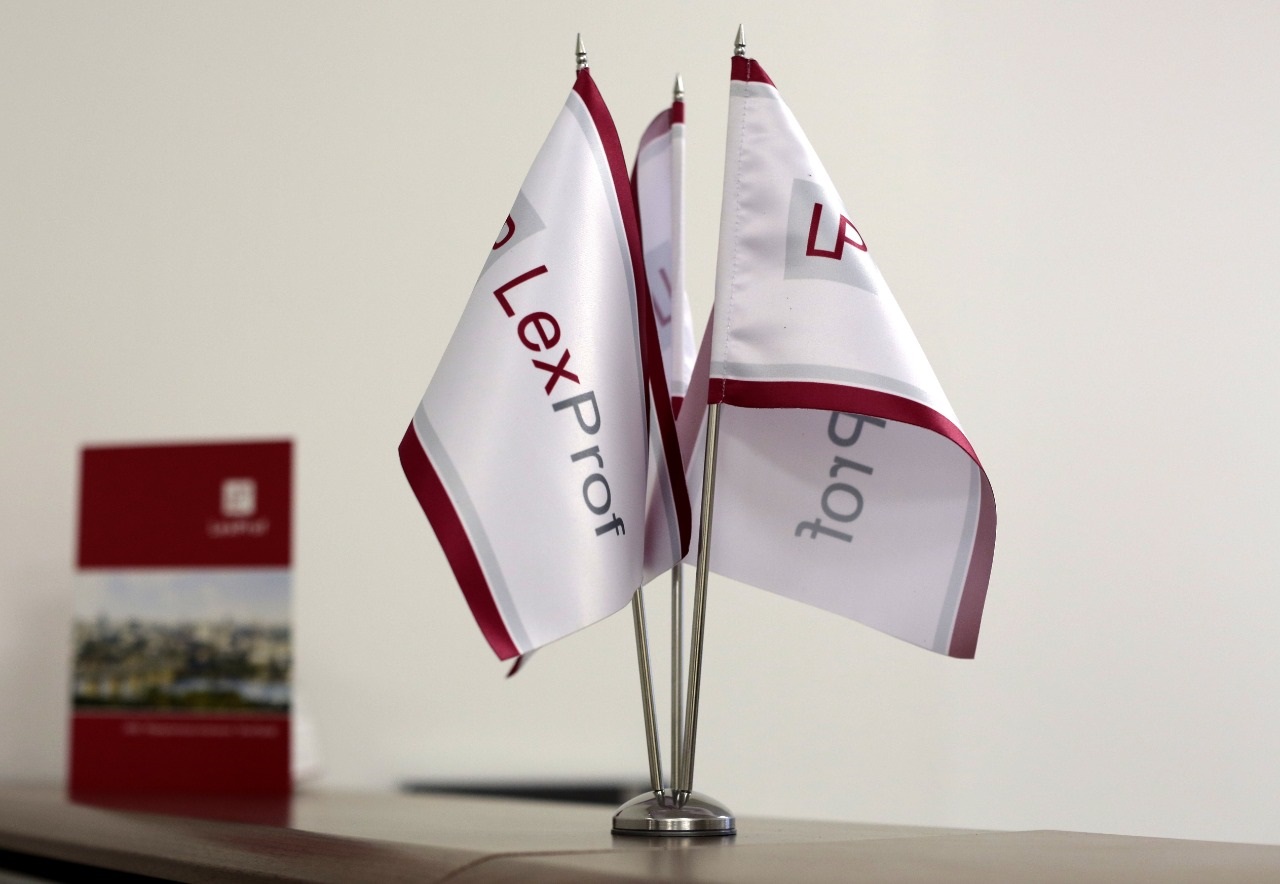A developer organization applied to the law firm LexProf because of the upholding the claim by the arbitration court of the first instance the company-co-investor to transfer large non-residential premises. The decision to transfer the premises was made, despite the fact that the price amount of the investment contract was not paid in full at the moment when the investment contract provided for the transfer of real estate only on condition of a full investment contribution.
The investment activity contract was concluded by the developer and the company-co-investor after the publication of the position of the Supreme Arbitration Court of the Russian Federation, according to which the purchase of real estate under an investment activity contract is regarded as a purchase and sale of a future thing. The dispute arose over the amount of value-added tax: the company-investor insisted that it was included in the investment fee, and therefore considered its obligations to make it fully executed. The developer, specifying the purpose of the payment and directly indicating "Without VAT", argued that the investment fee was not paid for the amount of value-added tax, in connection with which the obligation to transfer the premises did not come.
The court of the first instance ruled on the obligation to transfer the non-residential premises to the shareholder, to register the ownership right to it. At the same time, the reasoning part of the decision of the court of the first instance contained an indication of the developer's right to apply with a separate claim for a recovery of the value-added tax.
After analyzing the materials of the case and the court decision, experts of the law firm LexProf agreed that there are grounds for reversal of the decision in the court of appeal. However, due to the fact that it is impossible to presuppose the limits of judicial discretion, the lawyers of LexProf considered that it is risky to build a defense strategy solely on the reversal of the decision in the appellate instance. A set of measures was developed, including the filing of an independent claim for the termination of the investment contract in connection with the refusal of the shareholder to pay the investment contribution in full, the suspension of the case in the court of appeal and, consequently, the delay in the entry into force of the negative decision. At the same time, work was performed to analyze the actual circumstances of the dispute and judicial practice, aimed at strengthening the legal position in the lawsuit in the court of appeal.
Specialists of the law firm LexProf prepared and sued the company-shareholder for the termination of the investment contract, which allowed to obtain suspension of the case in the court of appeal.
Suspension of the case consideration allowed the management of the client to involve a third person, who is the creditor of the co-investor, to resolve the case extrajudicially. As a result of the interference of the co-investor's creditor, by mutual consent of all parties, in return of the cancellation of the co-investor’s debt, the rights to the disputed premises were transferred to a third party at the market price.
The lawyers of LexProf carried out a legal support of the whole chain of transactions and represented the interests of the client in negotiations with the third party and co-investor’s creditors, took an active part in the development and coordination of the transactions terms.
As a result, a few months after the admission of the appeal petition, the case was reopened in the court of appeal; the co-investor was excluded from the list of parties participating in the case in connection with the procedural legal succession, a settlement agreement was made between the third party and the developer.
Due to the complementary actions of the client’s management and specialists of the law firm LexProf, complex work in various areas, it was possible to protect the interests of the client by lawfully disposing of premises on market conditions, the fate of which at the time of the client's applying to the law firm LexProf seemed to be a foregone conclusion.





